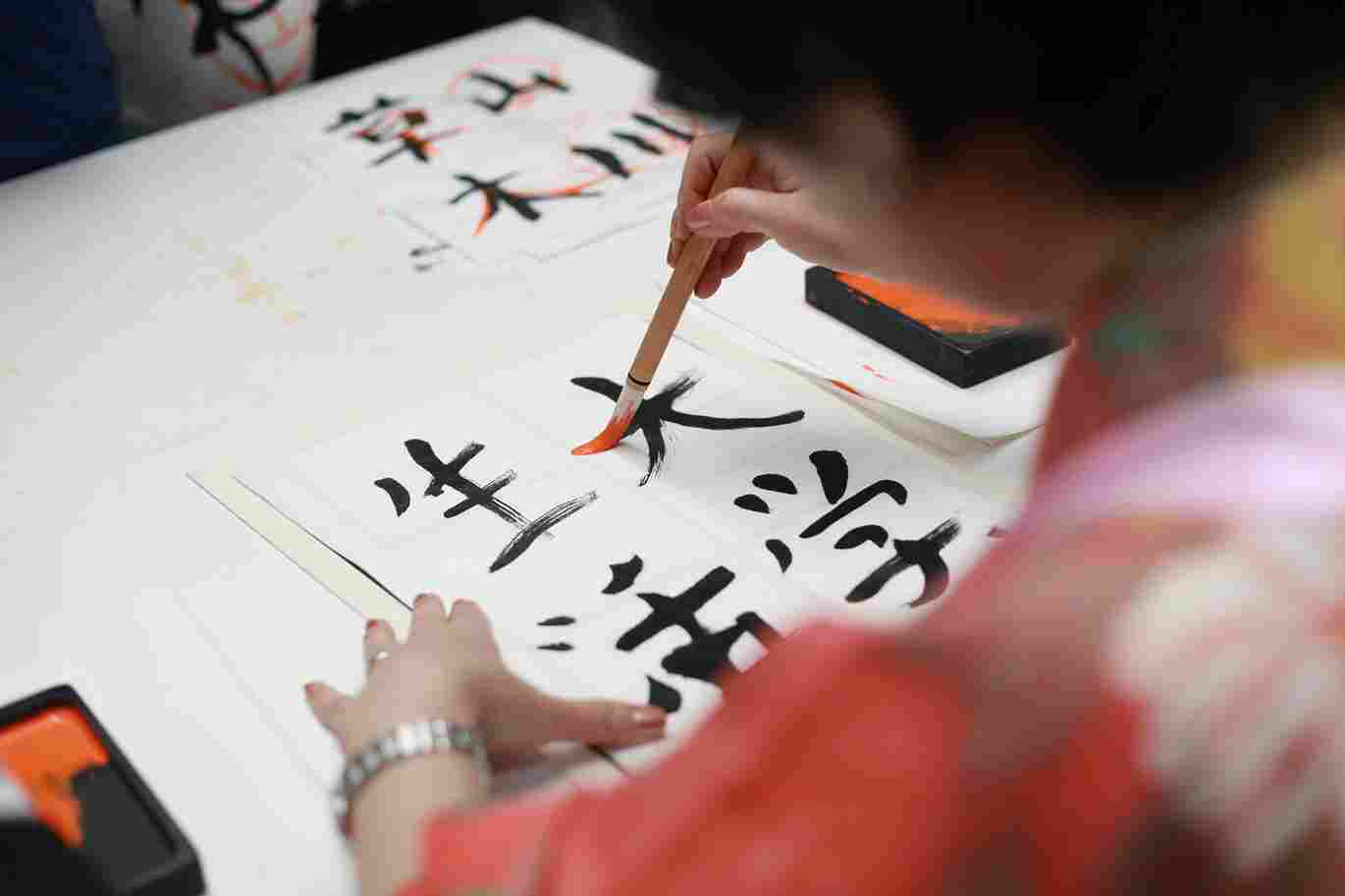📑 Table of Contents
Choosing the right educational pathway for your child is a critical decision that can shape their future academic and career prospects. In Malaysia, three prominent qualifications stand out for high school students: IBDP vs A-Level vs IGCSE. These qualifications are offered by many international schools, each with its own set of advantages, challenges, and unique learning approaches. As a parent, understanding the differences between IBDP vs A-Level vs IGCSE will help you make a well-informed decision about your child’s education.
This article will compare the IBDP vs A-Level vs IGCSE, with a particular focus on how these qualifications are implemented and perceived in Malaysia. We will explore their curricula, benefits, subject options, and pathways, helping you choose the best educational track for your child in Malaysia.
What is IBDP?
The International Baccalaureate Diploma Programme (IBDP) is a two-year course for students aged 16 to 19, recognized for its academic rigor and focus on developing well-rounded individuals. The program includes subjects like languages, math, sciences, and humanities, alongside core elements such as Theory of Knowledge (TOK), Creativity, Activity, Service (CAS), and the Extended Essay (EE). These components encourage critical thinking, global awareness, and personal growth, making it a holistic and challenging pathway for students.
Key Features of IBDP:
- IBDP Subjects: The IBDP subjects are divided into six groups, with three subjects taken at Higher Level (HL) and three at Standard Level (SL). Students can choose from a variety of subjects, including languages, sciences, social sciences, and mathematics.The comparison of IBDP vs A-Level vs IGCSE shows that IBDP requires students to have a broader academic foundation than A-Level or IGCSE.
- Holistic Development: In addition to academic subjects, students complete the CAS component, which involves extracurricular activities, helping to build creativity, physical well-being, and community engagement.
- University Recognition: The IBDP certificate is widely recognized by universities around the world, making it an excellent choice for students planning to study abroad.
- IBDP Online: With the rise of digital learning, some schools in Malaysia now offer IBDP online programs, allowing students to take courses remotely while adhering to the rigorous IBDP standards.
The IBDP Malaysia program is known for its challenging, well-rounded approach to education that helps students develop both academic and personal skills, preparing them for global citizenship.
What is A-Level?
The A-Level (Advanced Level) is a traditional and well-established qualification primarily offered in the UK but widely accepted around the world, including in Malaysia. Students typically complete their A-Level program over two years, focusing on a select number of subjects. Unlike the IBDP, which offers a broader curriculum, A-Level allows students to specialize in fewer subjects but in greater depth. When comparing IBDP vs A-Level vs IGCSE, A-Level is ideal for students who know exactly which subjects they want to pursue in higher education.
Key Features of A-Level:
- A-Level Subjects: Students usually choose three or four subjects, such as Mathematics, Physics, Chemistry, Biology, Economics, and Business Studies. This allows them to focus on areas they are passionate about or plan to pursue in higher education.
- Depth of Study: The A-Level Malaysia program offers a more in-depth study of fewer subjects, making it ideal for students who have a clear idea of the area they want to specialize in.
- Examination-Based: Assessment in A-Level is primarily based on final exams at the end of the two-year program, with some coursework depending on the subject.
- University Acceptance: A-Level is highly regarded by universities, especially in the UK and Australia, and is also widely accepted in Malaysia for university admissions.
The A-Level is an excellent choice for students who prefer a more specialized academic route, allowing them to dive deeper into subjects that align with their career aspirations.
What is IGCSE?
The International General Certificate of Secondary Education (IGCSE) is an internationally recognized qualification that typically serves as a foundation for further study, such as A-Level or IBDP. It is typically taken by students between the ages of 14 and 16 and offers a broad-based education that covers a wide range of subjects. The IGCSE Malaysia curriculum is designed to give students a solid academic foundation, preparing them for more advanced studies.
Key Features of IGCSE:
- IGCSE Subjects: The IGCSE subjects offered include a wide range of disciplines, from languages to mathematics, sciences, and humanities. Students are required to select a combination of subjects, and schools may offer additional subjects such as art or computer science.
- Foundation for Further Study: While the IGCSE is a terminal qualification, it serves as a bridge between secondary education and more specialized programs like A-Level or IBDP.
- Global Recognition: The IGCSE is accepted by universities and employers worldwide, and its broad-based approach makes it ideal for students who wish to keep their options open before specializing in higher education.
- Assessment: Assessment for IGCSE typically includes a mix of written exams, coursework, and practical assessments, with grading ranging from A* to G.
The IGCSE Malaysia program is an excellent foundation for students, offering a balanced approach to learning while providing a pathway to further studies.
IBDP vs A-Level vs IGCSE: Key Differences
1. Curriculum and Structure
- IBDP Curriculum: The IBDP curriculum is comprehensive, requiring students to take six subjects, along with completing the Theory of Knowledge (TOK), an extended essay, and Creativity, Activity, Service (CAS).
- A-Level Curriculum: The A-Level offers more specialization in fewer subjects, which allows students to focus on areas of their interest but with less breadth than the IBDP.
- IGCSE Curriculum: The IGCSE provides a broad-based education, offering students the flexibility to choose subjects across various fields before narrowing their focus for A-Level or IBDP.
2. Subject Choice
- IBDP Subjects: The IBDP subjects are grouped into six categories, including languages, sciences, mathematics, and humanities, with the requirement to study at least one subject from each group. IBDP vs A-Level vs IGCSE shows that IBDP requires students to be well-rounded across a variety of disciplines.
- A-Level Subjects: Students taking A-Level generally choose three to four subjects, focusing on areas that align with their intended career or university pathway.
- IGCSE Subjects: The IGCSE subjects offer flexibility, with students choosing from a wide range of disciplines, but they usually study a larger number of subjects compared to A-Level or IBDP.
3. Assessment Methods
- IBDP Assessment: IBDP assessment includes both internal and external assessments, with exams taken at the end of the two years and assignments such as the Extended Essay (EE) and Theory of Knowledge (TOK) essay.
- A-Level Assessment: A-Level is predominantly exam-based, with final exams determining the overall grade.
- IGCSE Assessment: IGCSE assessment includes written exams, coursework, and practical assessments, depending on the subject.
4. Pathways and University Acceptance
- IBDP: The IBDP is highly regarded by universities worldwide and is ideal for students who wish to develop a global perspective and strong critical thinking skills.
- A-Level: A-Level is accepted by universities in the UK, Malaysia, and many other countries, and is particularly well-regarded in fields that require specialized knowledge.
- IGCSE: The IGCSE serves as a foundation for further study, with many students going on to A-Level or IBDP.

Which Qualification is Right for Your Child?
Choosing between IBDP vs A-Level vs IGCSE depends on your child’s strengths, interests, and academic goals.
- IBDP is ideal for students who are interested in a well-rounded, globally recognized program with an emphasis on critical thinking and international understanding.
- A-Level is perfect for students who prefer to specialize in fewer subjects and pursue a deep understanding of those areas.
- IGCSE is a great starting point for students who need a broad education before deciding which direction to take in A-Level or IBDP.
Conclusion
When choosing between IBDP vs A-Level vs IGCSE in Malaysia, each qualification offers its own strengths. The IBDP Malaysia program is a globally recognized, holistic educational path for students who are looking for a broad education. A-Level offers a more specialized approach for students focused on certain academic or career paths. IGCSE provides a solid foundation before further specialization.
As a parent, understanding your child’s academic strengths and future aspirations will help you make the best decision about which qualification is right for them. All three options offer pathways to success, but the key is aligning the program with your child’s interests and long-term goals.
Frequently Asked Questions (FAQs)
1. What is the difference between IBDP, A-Level, and IGCSE?
The IBDP offers a broad, well-rounded curriculum with a focus on critical thinking. A-Level specializes in fewer subjects with greater depth, while IGCSE provides a general education foundation.
2. Can my child switch from IGCSE to IBDP or A-Level?
Yes, many students transition from IGCSE to A-Level or IBDP. The IGCSE serves as a foundation for further specialization.
3. Is IBDP accepted by universities in Malaysia?
Yes, IBDP Malaysia is widely recognized by universities in Malaysia and globally.
4. Which qualification is best for students who want to specialize in science?
A-Level is ideal for students who want to specialize in subjects like Mathematics, Physics, and Chemistry, offering in-depth study.
5. What subjects are offered in IGCSE?
IGCSE subjects include languages, mathematics, sciences, and humanities, offering a wide range of choices for students.





